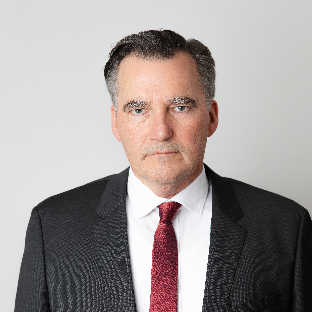Rome –Governments from two critical regions, Central America’s Dry Corridor and Africa’s Sahel, presented dozens of projects aimed at boosting agricultural production and food security in a sustainable and profitable way at the Hand-in-Hand Investment Forum 2023
Participating governments met with traditional donors, multilateral development banks and representatives of the private sector and foundations at the national government-led event, organized by the Food and Agriculture Organization of the United Nations ( FAO) and held during the World Food Forum (17-20 October)
While some 31 countries pitched national-priority investable projects in agrifood systems, all of them benefiting from FAO’s specialized technical analysis and investments expertise, considerable attention was given to two regional initiatives involving multiple countries facing similar challenges. The two initiatives generated more than $6 billion in pitches, for around 110 investments and affecting 149 million beneficiaries, ranging from small-scale irrigation networks and water storage facilities to digital soil mapping and measures to boost regional trade.
The Hand-in-Hand Initiative is a country-owned and country-led process and FAO contributes specialized technical support, including through its cutting-edge Geospatial Platform that can help identify areas with underutilized agricultural potential and high socio-economic impact, said Director-General QU Dongyu.
Central to the Initiative’s approach is partnerships and the unique matchmaking in investments and derisking of agrifood value chains for the vulnerable that have left people in these regions behind, opening the way for international financial organizations, private sector actors and philanthropic foundations to support sustainable agrifood systems transformation. “Without investment there is no future,” Qu said.
The Dry Corridor and Sahel both face shared issues, especially drought and inadequate management of water resources that trigger conflicts and forced migration, so crafting joint solutions can make it easier to help Members attract partners and investors. “We believe we can come with a holistic approach complementing existing initiatives but at the same time prioritizing investments which are common across each of the two regional initiatives that will allow them to move out of the critical situation they are in” said Maximo Torero, Chief Economist of FAO.
Dry Corridor
“We are entering the Anthropocene era, and people need help confronting climate change,” said Felix Ulloa, Vice President of El Salvador.
For the Dry Corridor region that is home to more than 11 million people and stretches from Chiapas, Mexico to Panama, a key imperative is to improve lives and mitigate outmigration, Ulloa said. “We need to turn it into a land of opportunities.”
Investment pitches presented during the Forum include the reduction of crop losses and improved access to credit; digital soil mapping that can save farmers considerable money and labor by optimizing soil nutrient management; fostering 80 digital ecosystems linking tens of thousands of producers to rural businesses and cooperatives; a comprehensive improvement of water management and irrigation systems in the regions, including the building of water storage systems that can help local farmers shift to more value-added crops and increase their incomes and a database that classifies agricultural risks according to climate, soil and crop characteristics that can benefit producers.








